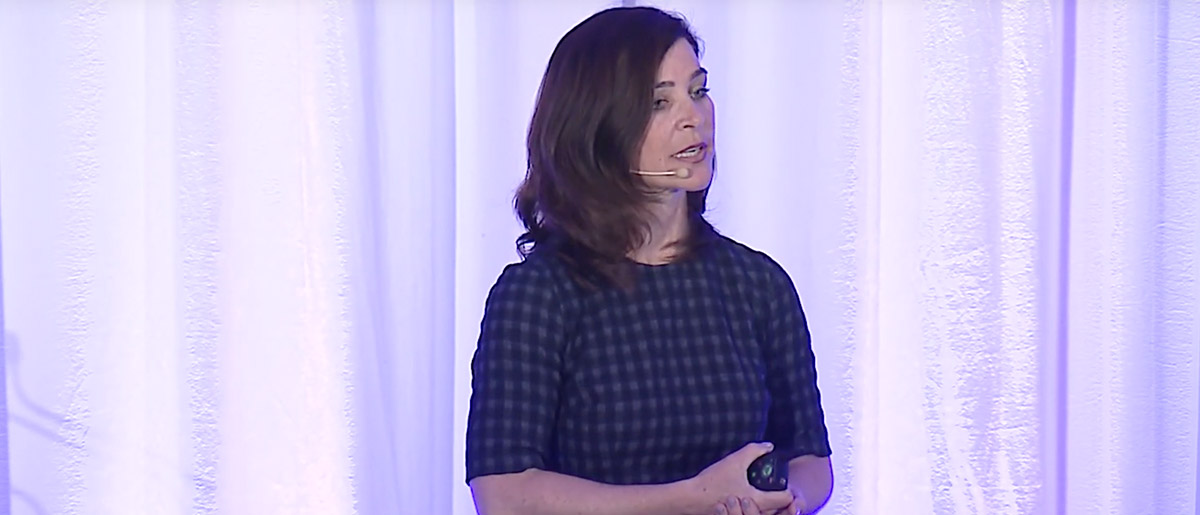Mindfulness, virtual therapy among the proven supports for mental health

Employers in Canada have begun to take encouraging steps to support mental health in the workplace—and will see the greatest gains with a strategy in place that addresses all stages of the mental health continuum, stressed Dr. Karen MacNeill, Psychologist, Copeman Healthcare, at the TELUS Health annual conference in Toronto, in April.
The “end” stage of the mental health continuum often comes to mind first when considering the impact of mental illness in the workplace, given the fact that the condition is a leading cause of short- and long-term disability claims. Moreover, both the cost and duration of disability leaves due to mental illness are generally highest.
Yet it’s equally important to keep in mind that 49% of depressed or anxious individuals have not sought medical care, and up to two-thirds are not getting proper treatment—despite the availability of employee assistance programs in the majority of workplaces. The biggest barriers to treatment are stigma, lack of time and long waiting lists for counselling or therapy. These individuals continue to work, at least initially, to the point that the costs of presenteeism are estimated to be three times the costs of absenteeism. During episodes of depression or anxiety, productivity can fall by more than 50% per day.
A successful mental health strategy incorporates interventions among all three phases of the mental health continuum:
- Primary intervention for those who are generally well, where approaches include resilience training, mindfulness programs and mental health education;
- Secondary intervention for those who are struggling, where employee screening, peer support programming, leadership training and cognitive behavior therapy coaching and training are key factors; and
- Tertiary intervention for those who are incapacitated, where employee assistance programming, short- and long-term disability management and return-to-work programming are the major components.
Dr. MacNeill noted that resilience training, mindfulness and internet-based cognitive behavior therapy have stood the test of clinical research studies, and should be considered evidence-based, proven methods to support mental health.
Click here to access the full presentation, entitled “Approaches to Tackling Mental Health in the Workplace,” delivered at the TELUS Health annual conference.
The post Mindfulness, virtual therapy among the proven supports for mental health. appeared first on Health Benefits Hub.
